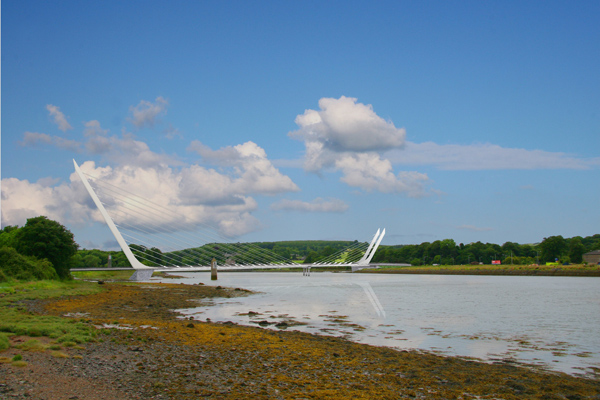The European Union is seeking feedback on plans to invest over €500 million in the North and border counties of the Republic over the next seven years.
The Special EU Programmes Body, based in Belfast, is beginning a second and final intensive round of consultation on plans to invest the money before submitting plans to the Government in Dublin and the Stormont Executive.
The investment is shared between two funds – the Peace IV programme, which aims to underpin efforts to build political stability and reconciliation; and Interreg, which seeks to promote development and co-operation among the regions, including the Republic, Northern Ireland and Scotland.
Five public consultation events are planned for Dundalk, Cavan town, Belfast, Derry and Glasgow.
The local event will be held in the Carrickdale Hotel on Thursday from 10am to 1pm.
The Peace IV programme will have a strong youth element, concentrating on plans to enhance education and work training for young people. The programme will also include schemes aimed at easing sectarianism and racism “by encouraging greater levels of positive cross-community interaction”.
The special EU body is also seeking to support “civil society” projects designed to facilitate expressions of culture free from intolerance and prejudice.
The Interreg programme seeks to boost cross-Border co- operation, especially in health, where it aims to support “the more efficient delivery of services that will address health inequalities and support the move from institutional to community-based healthcare”. Interreg also has set environmental objectives relating to water quality and protecting habitats. It will further seek to support renewable energy projects and companies with export capacity.
Pat Colgan, chief executive with the Special EU Programmes Body, said all projects would also have to clearly demonstrate the difference they would make in helping the region to develop.
Feedback can also be given online here.

